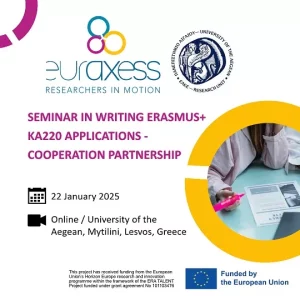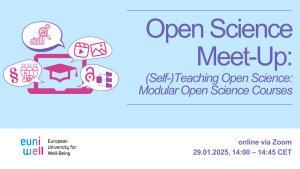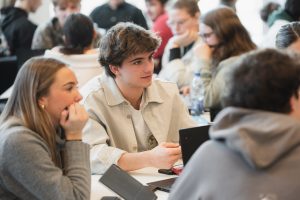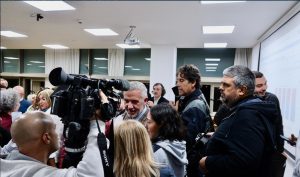This report is a research-based deliverable (WP3) in Re:ERUA project aiming to foster societal engagement though Responsible Research and Innovation (RRI) within the European Reform University Alliance (ERUA). Taking the inspiration from existing EU guidelines and the field of RRI, while focusing also on societal engagement and social innovation, it is contributing to the aim of ‘Science with and for Society’ objective of the European Commissions’ Horizon 2020 program.
The finding of the report shows the aim of balancing economic gains and social concerns through RRI is not simple. Subsequently, RRI should also include a democratic and regenerative approach prioritizing social innovation, besides investigating how infrastructure in scientific institutions can support matters of care.
This research-based report contributes to both RRI definitions and to recent discussions of alternative excellence in ERUA by bringing in researchers’ perspectives and disciplinary backgrounds, which inform how ethical concerns and methodologies are developed in their research practices. Also, the analysis concludes that responsibility should be balanced in infrastructural measures to ensure that the connection between outputs of research and its methodological processes are stringent, such as including work conditions, early career staff and stakeholder knowledge sharing and network support. These contributions are central to the strengthening of a reform identity in the alliance.
We believe that we thus provide an approach to responsible research that acknowledges relationality and interdependency, contributing to a (re-)conceptualization of certain aspects of RRI that more explicitly focus on bridging between economic interests and social concerns. This happens amidst calls to transition from understanding of research as efficiency-based indicators and quantifiable outputs towards the creation of responsible and reflective relations with research participants, be it human or more-than-human.
Authors: WP3 team: Assoc. Prof. Katia Dupret, assist. prof. Jennifer Eschweiler, PhD. Anna Umantseva, Student Ronja Hyldkrog – Roskilde University
Dupret et al. 2022. Mapping Innovation and societal engagement – RRI through a care ethics approach





